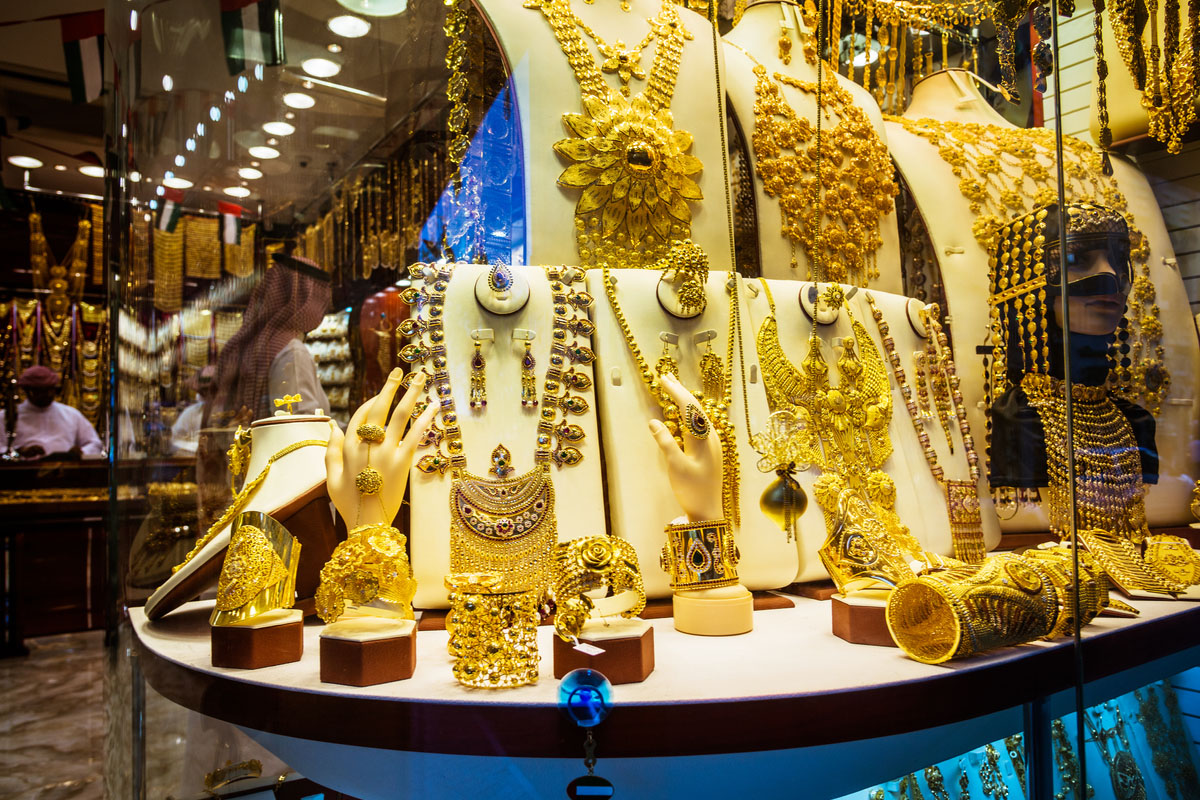The gems and gold jewellery sector is extremely upset with the Union budget presented by finance minister Nirmala Sitaraman yesterday, says Bablu Dey, working president of the city-based Swarna Shilpa Bachao Committee. The industry has been hoping that the import duty on gold would be slashed from 12.5 per cent to 4 per cent in this year’s budget which would have brought much relief to the sector which has been reeling due to liquidity crunch.
Talking to The Statesman today, Mr. Bablu Dey said that the industry had strongly hoped that either the import duty or the GST will be slashed on gold in this budget. India is the world’s largest importer of gold and the annual import is over 1000 tonnes. The cost of one kilogram of gold at present is almost Rs.40 lakhs. “The import duty on gold is at present 12.5 per cent and the GST is 3 per cent. Earlier the industry used to pay only one per cent VAT charge.
Advertisement
The hike to 15.5 per cent on gold has made the Indian gold the costliest in the world and that too in a country where gold is regarded as a ‘Stree Dhan’ or social security,” Mr Dey added. The Swarna Shilpa Bachao Committee has continuously urged the central government to reduce import duty on gold and GST. The 15.5 per cent hike has only expanded the grey market as gold smuggling has been flourishing, which means no gains to state and Central governments, Mr. Dey added.
Also the industry has been looking for increase of the present limit of Rs.2 lakhs for purchase of gold jewellery without Pan card. Earlier the limit has been for purchase of gold jewellery of Rs.5 lakhs, but the income tax department has reduced it to Rs.2 lakhs.
“Due to the high price of gold in these festive season the business is almost fifty per cent down as lesser number of customers are coming and the buying spree has decreased despite several attractive sops offered by the jewellers. In our country, not only the rich buy gold, the farmers too do so during their bumper harvesting season so that the metal can be used as a security for the next season to get loans by keeping it mortgaged or by selling it during the next lean season,”Mr Dey opined.
The lull in the gold jewellery industry in India also means that gold artisans lose their jobs. Incidentally Bengal accounts for about 90 per cent of the skilled labourers in the gold jewellery industry in India, most of whom work as migrant workers. “A large number of gold artisans are returning back to the state after losing their jobs as the market is dull since the past few years. The situation has worsened since the demonetisation period and the industry is yet to fully recover. Also the smaller traders have failed to adapt in the GST era,”he said.
As a result, a large number of Indian customers are making a beeline these days to UAE to avail the cheapest and duty free market at the gold souks in Dubai. There are about 18,000 gold jewellery shops spread over Kolkata and throughout West Bengal and over 1 crore people are directly and indirectly related to the business. Instead of slashing the import duty on gold, it has been further increased to 12.5 per cent from 10 per cent in last year’s budget, leading to high price of gold jewellery in the market.
“The industry met with the central government and discussed the issue several times earlier but it is very sad that this year too, our demand has not been fulfilled making the scenario of the gold jewellery sector very challenging in the coming days,” said Mr Dey. The gems and jewellery sector contributes 7 per cent of India’s GDP and the industry contributes about 16 per cent of India’s total merchandise exports. The World Gold Council (India) had also demanded similar sops to revive the industry from the government.









